Category: News
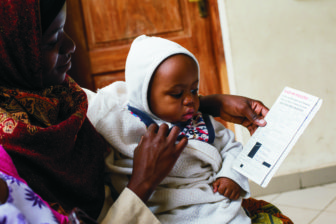
New immunization data reveals state of the field and the important role of data in vaccination
Aug 24, 2018
Last month, the World Health Organization (WHO) released new immunization data from 2017 that reveals global progress toward immunization targets, and where countries and stakeholders are still falling short. Nine in 10 infants were vaccinated last year, or 123 million babies worldwide. But since 2015, the percentage of children around the world who have received the full three-dose course of diphtheria-tetanus-pertussis (DTP3), has leveled out at 85 percent. DTP3 is a key indicator of immunization program performance.
Read More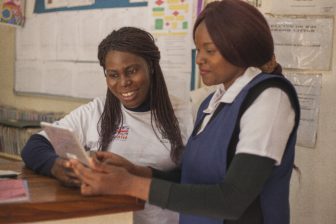
OpenSRP is a 2018 Gavi Pacesetter
Aug 1, 2018
This year keeps delivering exciting news for the OpenSRP community. Last week, OpenSRP was named a Gavi Pacesetter at the annual Gavi INFUSE workshop in San Francisco, California. OpenSRP was one of only four Pacesetters selected from an initial pool of 220 applicants. Gavi Pacesetters are selected for their cutting edge technology and innovative approaches for tackling the challenge of immunization coverage.
Read More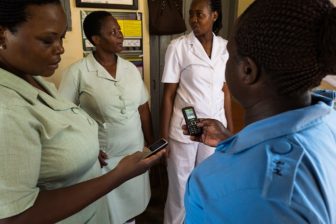
The power of knowledge sharing: BID launches encyclopedia of lessons spanning five-year journey
Jul 11, 2018
Growth and progress are rarely linear. They zig and zag, and at times, for every step forward, there are two steps back. Buoyed by platforms like the BID Learning Network (BLN) and User Advisory Groups, the BID Initiative has embraced adaptive management and iterative, flexible program design that, over the last five years, have translated into many proud wins, some setbacks, and in turn, many lessons learned. In the hopes of sharing these we’ve compiled a comprehensive encyclopedia that documents our learnings throughout every stage of BID’s journey, from the design and testing of data quality and use interventions, on through implementation.
Read More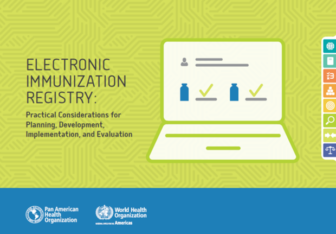
Lessons from the Americas: PAHO launches toolkit for the introduction of electronic immunization registries
Jul 2, 2018
Evidence suggests that electronic immunization registries (EIRs) are cost effective tools that help increase coverage, improve the timeliness of vaccination, provide reliable data for decision-making, and reduce revaccination by helping to verify and track previous immunizations. Developing an EIR, implementing it at the country level, and, above all, ensuring its sustainability are not easy, fast, or inexpensive processes. However, the experience generated by multiple EIR development projects, and the success of some of those programs, can be used as sources of best practices and provide lessons learned. Within this context, Electronic Immunization Registry: Practical Considerations for Planning, Development, Implementation, and Evaluation was developed and published by the Pan American Health Organization (PAHO) in 2017.
Read More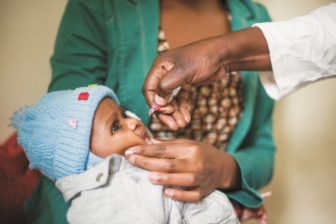
Celebrating progress and looking ahead this World Immunization Week
Apr 27, 2018
During a recent visit, Regina Chilekwa, a nurse at Mahatma Gandhi Clinic in Livingstone, Zambia, sat with a patient and talked her through the vaccines her young son needed to keep him protected. Every year, at the end of April, the global health community celebrates World Immunization Week, a chance to spotlight the incredible potential of vaccines, progress toward closing the immunization gap, and advocate for the gains that still must be made. Closing the immunization gap requires all hands-on deck. And while coverage has improved greatly in the last few decades, it has recently stagnated. Twenty percent of children still face barriers to vaccination, ranging from a lack of access to services, to weak health information systems, long travel times between facilities, and vaccine stockouts.
Read More
Promising technologies for closing the immunization gap
Apr 13, 2018
Later this month, the global health community will celebrate World Immunization Week, a chance to acknowledge our progress and spread awareness about the collective action needed to ensure that everyone is protected from vaccine-preventable diseases. Achieving full immunization coverage will require better insight into which children are missing out on lifesaving vaccines. Digital innovations are one possible solution. These technologies and big data can help identify patients that are the hardest to reach, predict the spread of disease, and hone vaccination campaigns.
Read More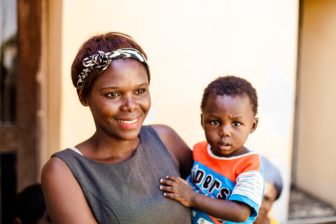
Success rolls out in Southern Province
Mar 29, 2018
When Fred Njobvu, Provincial Coordinator for the BID Initiative in Zambia, looks back on January 2017, he wasn’t sure how the team would manage to roll out data quality and use interventions to the remaining districts in Southern Province. “We were running out of time in our grant,” remembers Fred, “and we needed to deliver interventions to the rest of the province.”
Read More
BID partners with Ministry of Health to fight cholera outbreak in Zambia
Jan 25, 2018
In January, Zambia recorded over 2,300 cases of cholera nationwide, with the majority of cases reported in Lusaka. Cholera is a diahorreal disease that can cause death if not treated quickly; children are particularly vulnerable because the disease quickly strips the body of fluids, leaving the patient weak and dehydrated. The BID Initiative, in addition to other partners working with the MOH on child and maternal health, responded to the Ministry’s request for assistance with monitoring the vaccination process. BID helped ensure that workflows were maintained, doses were administered correctly, and recipients knew when to receive their second dose.
Read More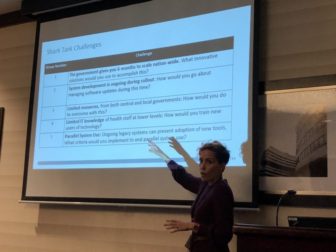
“It doesn’t have to be like ripping off a Band-Aid”: Transitioning from paper to digital records
Jan 24, 2018
During the 2017 Global Digital Health Forum session on Injecting Digital Technology into Old-School Immunization Systems, Dawn Seymour from PATH discussed the value of electronic immunization registries. Despite the benefits of such registries, including more accurate data, she and her colleagues Sang Dao Dinh and Hieu Tran explained some challenges when transitioning from legacy, paper-based systems in Zambia, Tanzania, and Vietnam to digital versions.
Read More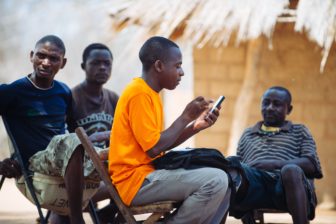
What to watch in 2018 in digital health: Conversations from the Global Digital Health Forum
Jan 11, 2018
Last month, more than 550 individuals in the digital health field – representing ministries of health, implementing organizations, and other partners – met for the 4th annual Global Digital Health Forum (GDHF) in Washington, DC. The conference, which experienced a 30 percent increase in participation from 2016, has established itself as a landmark annual event in the space. Over the course of three days, speakers and participants engaged in over 80 sessions, roundtables, and workshops to share lessons learned and best practices. Read about some of the major themes that emerged from the conversations.
Read More